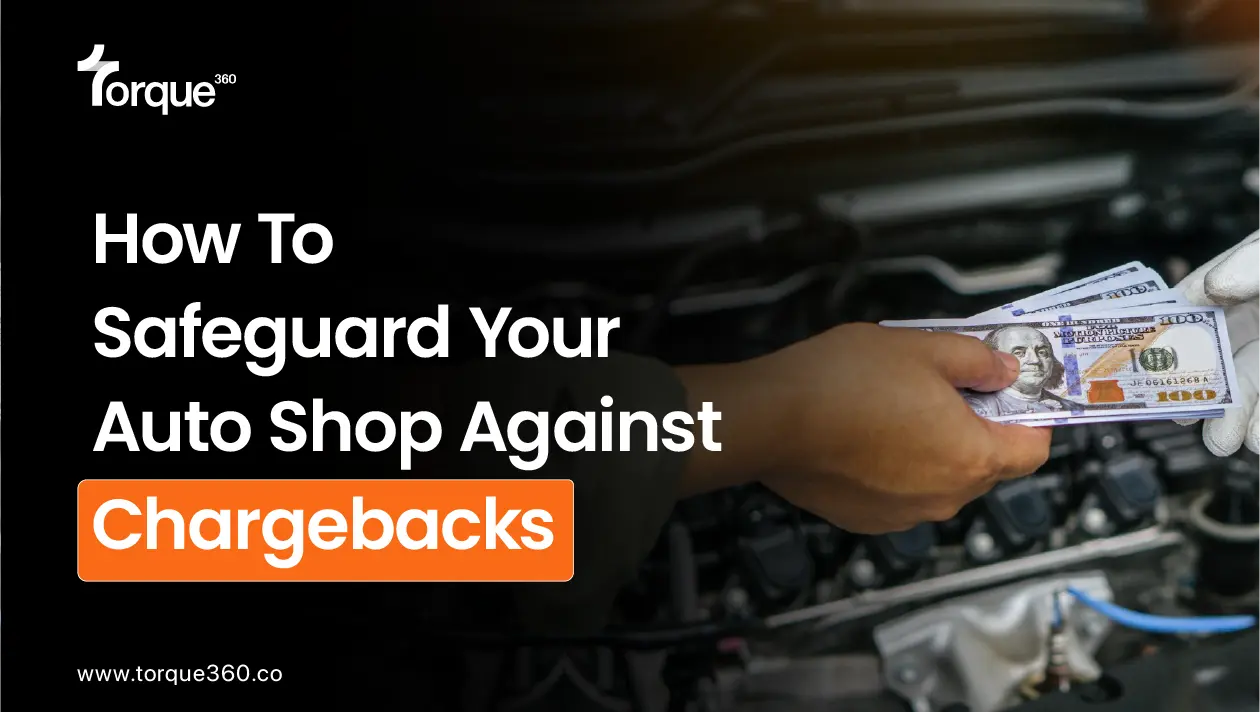Have you ever dreamed of running your auto repair shop but paused, wondering about the costs?
Starting a business is exciting, but understanding the financial aspects can be daunting.
You’re in the right place if you’re curious about what it takes to turn your dream into reality.
Let’s break down the cost to open an auto repair shop step by step.
What Determines the Cost to Open an Auto Repair Shop?
Opening a medium-sized auto repair shop isn’t as simple as renting a space and buying a toolbox. Several factors influence the overall cost. Here’s a closer look at auto repair startup costs according to Sharp Sheets:
Location – The Foundation of Your Business
The location of your shop plays a significant role in determining your expenses. A bustling urban area may attract more customers but comes with higher rent.
On the other hand, setting up in a quieter suburban area could save you money, though it might limit your foot traffic.
| Category | Est. Low-Cost Option | Est. High-Cost Option | Difference |
| Security Deposit | $3,000 | $10,000 | Lower vs. higher rent areas |
| Rent (3 months) | $6,000 | $30,000 | Smaller space/suburban vs. larger space/urban |
Equipment – Your Shop’s Heart and Soul
Investing in quality tools and machinery is non-negotiable. Essential items like lifts, diagnostic machines, and air compressors are crucial for handling diverse repairs.
A basic setup can cost around $50,000, but if you’re aiming for state-of-the-art technology, prepare to spend upwards of $100,000.
Learn more about the best top 10 car lifts for your auto repair shop here!
| Category | Est. Low-Cost Option | Est. High-Cost Option | Difference |
| Vehicle Lifts | $5,000 | $25,000 | Standard lifts vs. heavy-duty industrial lifts |
| Diagnostic Machines | $10,000 | $50,000 | Basic diagnostics vs. high-end diagnostic systems |
| Tools and Equipment | $15,000 | $50,000 | Essential tools vs. comprehensive professional tools |
| Office Equipment | $2,000 | $5,000 | Basic office setup vs. advanced systems |
Licensing and Permits
Businesses can only operate legally with the proper paperwork. You’ll need local business licenses, zoning approvals, and possibly an environmental permit to deal with hazardous waste.
Want to know what permits you need to open a mechanic shop? Click here!
| Category | Est. Low-Cost Option | Est. High-Cost Option | Difference |
| Business License | $500 | $1,500 | Small city/town vs. central metropolitan area |
| Environmental Permits | $500 | $3,000 | Basic vs. extensive environmental regulations |
| Trade Certifications | $1,000 | $5,000 | Basic certifications vs. multiple specialized certifications |
Renovations and Setup
Your shop needs to be functional and professional. Renovations include adding lifts, setting up customer waiting areas, and ensuring proper ventilation.
Here are some tips on how to design the ideal auto garage layout!
| Category | Est. Low-Cost Option | Est. High-Cost Option | Difference |
| Interior Renovation | $10,000 | $50,000 | Minor cosmetic changes vs. major renovations |
| Shop Construction/Upgrade | $20,000 | $100,000 | Basic setup vs. advanced professional equipment |
Hiring and Training Staff
Skilled technicians are the backbone of your business. Their salaries depend on experience, typically from $35,000 to $70,000 annually per technician. Add training costs if you’re building a specialized team.
Look at auto repair labor rates: state-wise breakdown for your convenience!
Breaking Down the Numbers
Here’s a rough estimate of the initial investment:
| Expense | Estimated Cost |
| Rent/Lease | $1,500 – $15,000 per Month |
| Staff Salaries | $35,000+ per Person Annually |
| Initial Fees & Permits | $2,000 – $10,000 |
| Location Costs | $9,000 – $40,000 |
| Renovation & Construction | $30,000 – $150,000 |
| Equipment & Supplies | $30,000 – $130,000 |
| Initial Inventory | $7,000 – $30,000 |
| Marketing & Advertising | $7,000 – $30,000 |
| Operational Costs | $10,000 – $30,000 |
| Miscellaneous Costs | $8,000 – $25,000 |
Depending on your goals and choices, opening an auto repair shop can cost between $100,000 to $430,000.
Initial Inventory
Spare Parts and Supplies:
- Limited initial stock for essential repairs
- Extensive inventory to cover a wide range of repairs
Fluids and Lubricants:
- Essential quality fluids and lubricants
- Premium or specialty products
Marketing and Advertising
Signage:
- Basic functional signage
- Custom, high-quality, and visually appealing signage
Here are 5 simple ways for auto repair shop marketing!
Initial Marketing Campaign:
- Local and limited advertising efforts
- Extensive multimedia campaigns across various platforms
Operational Costs
POS System:
- Primary point of sale systems
- Advanced systems with additional features and integrations
Here is the guide to auto repair software integrations that make your job easier!
Utilities (first 3 months):
- Lower utility consumption in smaller spaces
- Higher usage in larger, fully equipped shops
Insurance:
- Basic coverage policies
- Comprehensive insurance policies to cover various risks
To learn about mechanic insurance, click here!
Miscellaneous Costs
Legal & Professional Fees:
- Essential legal and consulting services for setup
- Extensive legal and professional services for more significant operations
Contingency Fund:
- Minimal funds to cover unexpected costs
- A substantial buffer for potential emergencies or unforeseen expenses
Hidden Costs to Watch Out For
When planning your budget, it’s easy to overlook less obvious expenses. However, these can quickly add up:
Utilities: Electricity, water, internet, and heating can cost $600 to $2,500 monthly. Running equipment like lifts and compressors consumes a lot of energy.
Insurance: Protecting your business and employees is crucial. General liability and worker’s compensation insurance can cost between $2,500 and $7,500 annually.
Waste Disposal: Proper disposal of oil, tires, and other hazardous materials is a legal and operational requirement, costing around $300 to $1,200 monthly.
Software Costs: Investing in auto repair shop management software for scheduling, invoicing, and inventory can cost $75 to $600 monthly.
You can find out more about the auto repair estimate software guide here!
How to Maximize Your ROI (Return on Investment)
Making the most of your investment is as essential as planning your expenses. Here’s how to ensure profitability:
Focus on Customer Retention: Happy customers mean repeat business. Offer loyalty programs or discounts for regular clients.
Add Value-Added Services: Offer extras like vehicle detailing or towing services to increase revenue streams.
Stay Updated with Trends: Electric vehicles (EVs) are rising. To stay competitive, consider training your staff to service EVs.
Market Smartly: Use social media and local advertising to reach customers without spending heavily on traditional marketing.
You can learn more about the auto parts markup chart guide for pricing and profitability here!
Conclusion
Understanding the cost to open an auto repair shop is the first step in building a successful business.
With proper planning and intelligent financial decisions, you can create a thriving repair shop that meets customer needs and stands out in the market.
While the investment might seem high, the rewards of owning a profitable and respected business make it worthwhile.
So, are you ready to lift the hood and start your journey?





